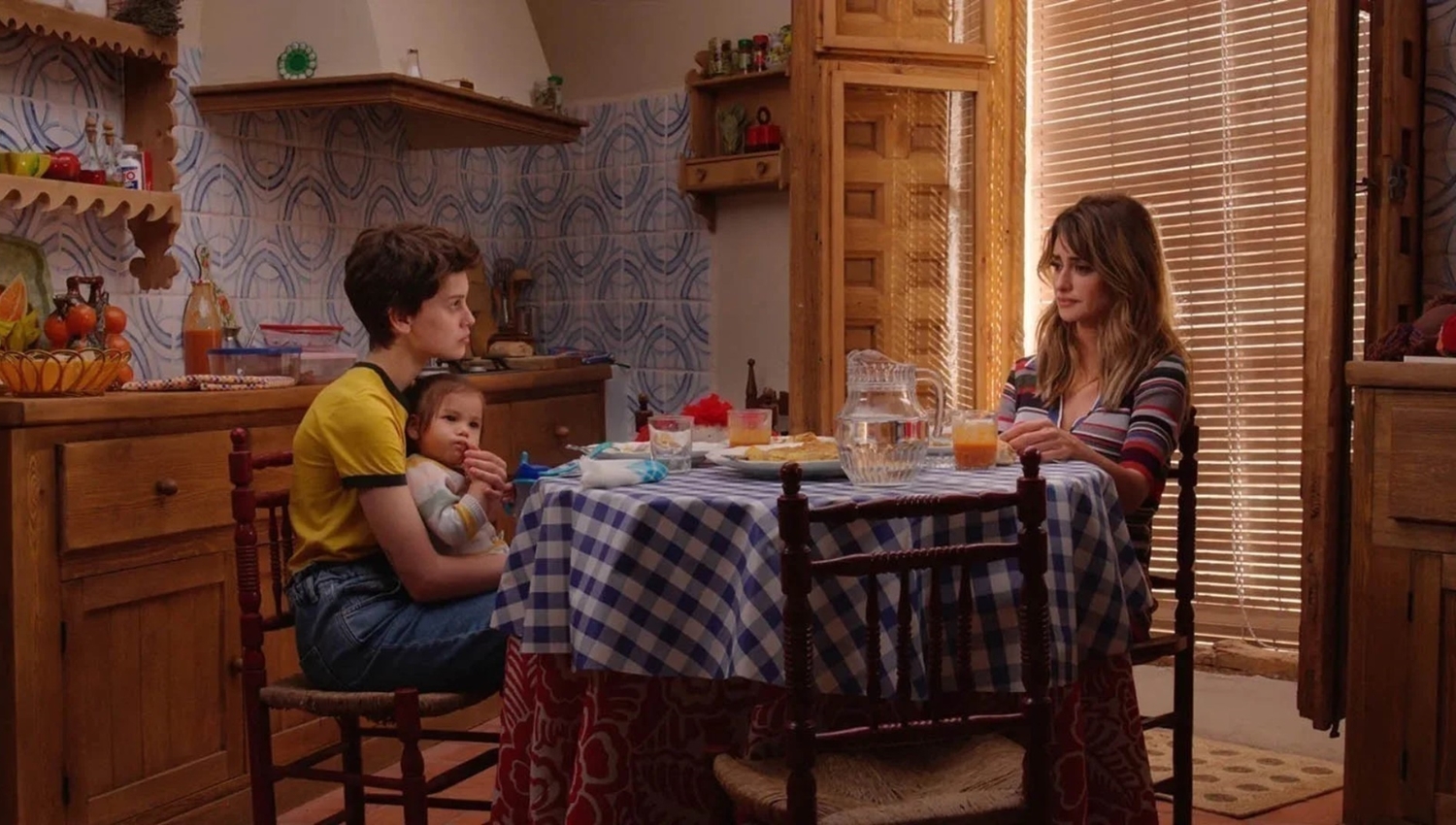
Parallel Mothers
Dustin Chase
How and where “Parallel Mothers” fits into this year’s awards race is almost the bigger dialogue than what the film is about or whether it’s good or not.
Some history: Spain has submitted Pedro Almodóvar’s films seven times to the Academy Awards; only three of those were actually selected as one of the nominees for best international — and he’s only won a single time. All of that is to say Spain chose another filmmaker to submit this year, leaving Sony Pictures Classics, whom Almodóvar typically distributes through, scrambling to get “Parallel Mothers” in mainstream categories like director, actress and screenplay.
Almodóvar was nominated for best director in 2003 and won best original screenplay for “Talk to Her.” With “Roma” and “Parasite” further pushing international films into the mainstream, “Parallel Mothers” stands a strong chance. The Oscar nominations will be announced Feb. 8.
“Parallel Mothers” is in the writing and the surprise twists it offers the viewer.
When surveying audiences who are being introduced to Almodóvar for the first time with “Parallel Mothers” versus those having followed his career over many years, you get different reactions. Cruz is one of Almodóvar’s most frequent collaborators — she has starred in eight of his films. It’s not her strongest performance under his direction, thoughl that designation belongs to “Volver.”
Cruz faces tough competition in the best actress category, and missing the British Academy’s long list of 15 makes an Oscar nomination even more questionable. The film’s late domestic debut in theaters doesn’t exactly aid its concerning momentum. The strongest element to “Parallel Mothers” is in the writing and the surprise twists it offers the viewer.
The staples of what makes an Almodóvar film an Almodóvar experience are all present in “Parallel Mothers.” The vivid red colors, present in every scene, here are combined with warm yellows. The inclusion of frequent co-star Rossy de Palma is another delight, each time she swoops into a scene. What makes “Parallel Mothers” stand apart from previous, more personal, narratives is how it shines a light on the dark history of Spain, that’s likely little known to American audiences.
Although many classify Almodóvar’s works as “domestic melodrama,” that has such negative connotations within American cinema and nearly belittles the artistic accomplishments he has achieved over these many years. For the film world, a new Almodóvar film is a treat, an experience and, awards or not, hopefully this one only creates more fans of Spain’s most prolific filmmaker.
Final Thought
Don’t let lack of awards consideration detour you from another Almodóvar experience in “Parallel Mothers.”
